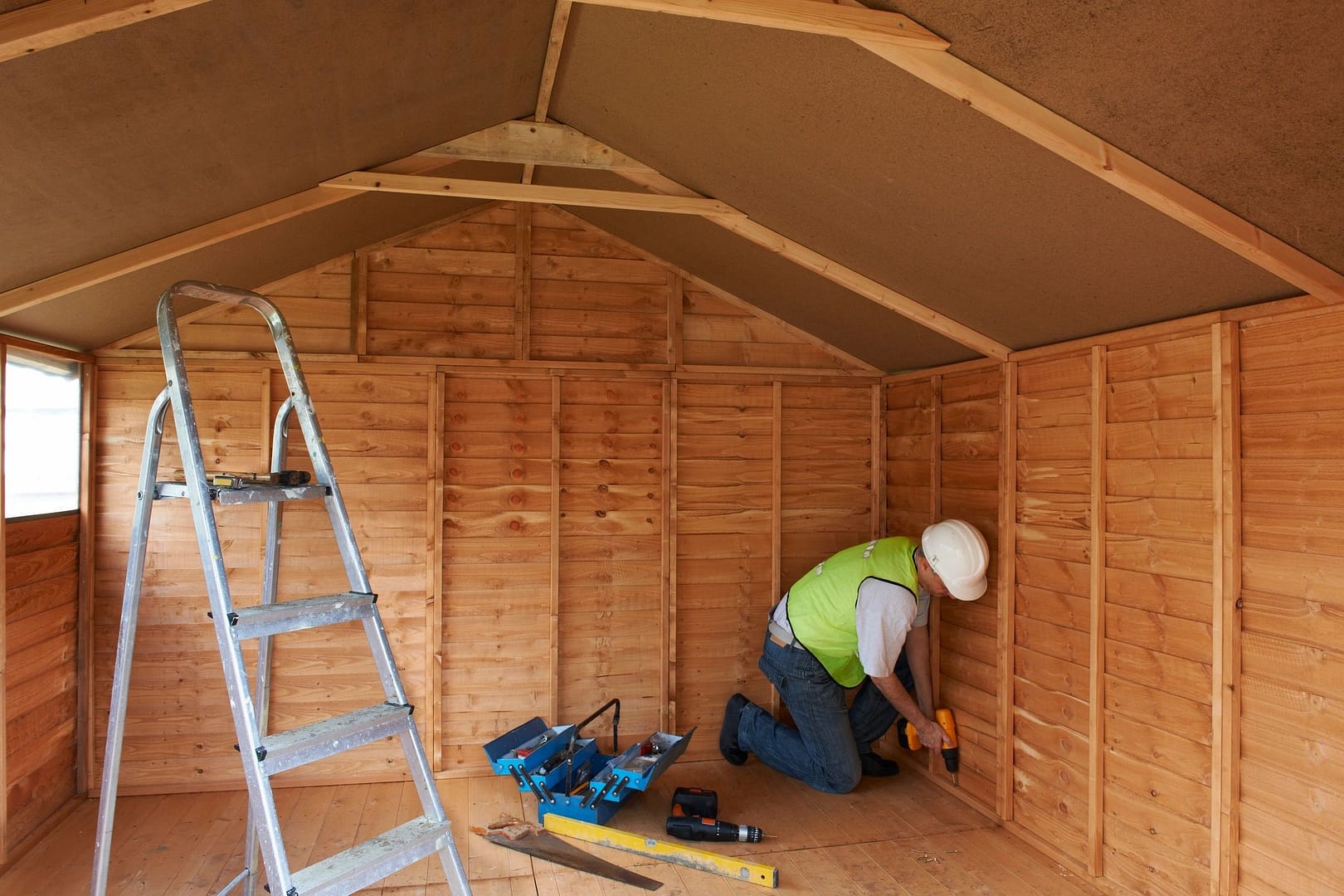The debt relief act of 2007 has officially expired as of January 1st 2014. This situation creates huge tax burdens for Florida homeowners that are upside down and that have or will receive any kind of mortgage forgiveness such as a short sale.
This means that the IRS will consider any capital that was forgiven by a lender either in a short sale or even a foreclosure to be recorded as income to the homeowner and will tax that income accordingly. The “Mortgage Forgiveness Debt Relief Act” [MFDRA] of 2007 was established to allow homeowners with certain criteria to exclude this type of income from their tax returns. This act only applied to debts associated with someone’s primary residence.
Orlando Short Sale Realtors Concerned Over Tax Relief Expiring
Orlando realtors that specialize in doing short short sales are very concerned about homeowners no longer having the tax break incentive. Why would someone go through with a short sale if they knew that they would be taxed on the deficiency? It’s like jumping from the frying pan into the fire, you’re going to get burned either way.
We’re already seeing a sizable decline in Orlando short sales since the 1st of the year. I think that we’ll see even fewer short sales, fewer principal reducing modifications, and an increase in foreclosures as we get further into 2014. Homeowners aren’t seeing the upside to doing a short sale in many cases.
The truth is that without the assurance of tax being exempt on a short sale there’s much less incentive for distressed homeowners to agree to the voluntary sale of their home.
Lenders Are Foreclosing Faster Than Ever Before
There was a time shortly after the RE market crashed in 2007 where lenders were extremely overwhelmed with the amount of homeowners defaulting on their loans. This resulted in a foreclosure taking up to 2 years or more to complete in some cases.
Several Orlando homeowners that I’ve spoken to say that they’ll just stay in the house until the bank forecloses believing that it will take their lender years to foreclose on them because of the stories that they’ve heard in recent years.
This couldn’t be further from the truth and homeowners that feel this way will be in store for a rude awakening. Lenders have come a long way in streamlining there process for dealing with mortgage holders that fall behind. They now have systems in place that help to expedite the amount of time that it takes to process foreclosures, short sales, loan mods, etc. Certain lenders will foreclose within a matter of 3 to 4 months if the homeowner doesn’t take action.
What Are Other Alternatives To Foreclosure?
Homeowners are still offered the same alternatives from their lenders; short sales, loan modifications, deed-in-lieu, etc. It’s important to note that it’s not the lenders who want to tax homeowners on the deficiency amount, it’s the IRS. And, although congress is actively looking at several bills that would extend tax relief through the next year or two, it hasn’t happened yet and there’s no guarantee that it will.










